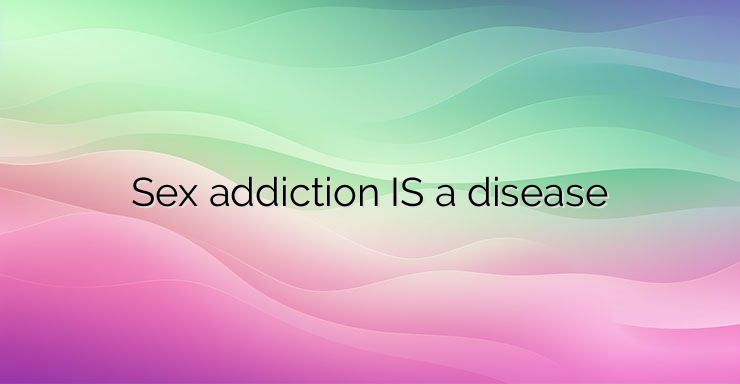Although sex addiction was until recently seen as more of a flimsy excuse for the antics of debauched TV stars, new research shows that it is indeed a mental disorder. It is even to be included in the “bible” of the American Psychiatric Association – the Diagnostic and Statistical Manual of Mental Disorders. Until now, scientists have been trying to define hypersexuality, another term for sex addiction. According to experts, having a lot of sex in itself does not mean the presence of hypersexuality. Rather, hypersexuality is present when sex is done to cope with stress, where sexual overactivity interferes with daily activities. The researchers from the University of California emphasize that they are not trying to turn everyday activities like having sex or watching pornography into mental distance. The results of the study will be sent to the American Psychiatric Association. Clinicians arrived at the definition of hypersexuality—spending too much time on sexual fantasies, urges, or behavior lasting more than six months that interferes with personal life or work and is not caused by alcohol or drug abuse—after studying 200 people who were placed in a psychiatric clinic without knowing why. NEWS_MORE_BOX Of these, 150 have abnormal sexual behavior and 50 abuse drugs. Doctors ask patients to explain which elements of their behavior they find most problematic – masturbating, watching pornography, having sex, cybersex, phone sex or going to strip clubs. Most of those diagnosed with hypersexuality, 134 people, identified masturbation and pornography as the most problematic. Some of them have even lost their jobs due to their inability to abstain in the workplace. As for the argument that having such a diagnosis can become an excuse for infidelity, Dr. Reed, a researcher at the University of California, explains that the diagnosis does not help to avoid the consequences, but it does help if the affected person seeks help and treatment for his problem . Currently, Dr. Reed wants to determine how widespread sex addiction is and whether sufferers have brain changes similar to those in people with other addictions.


Leave a Reply